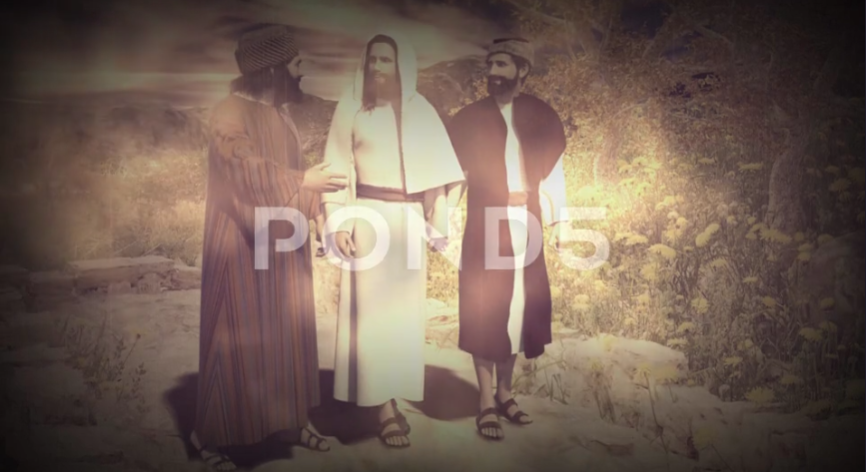In the tapestry of modern evangelism, the internet has emerged as a pivotal platform for the proliferation of the Christian faith. The digital sphere is a frontier for religious outreach, where videos and images become transcendent tools in disseminating spiritual messages across diverse Christian denominations.
The use of multimedia in religious contexts is not new, but the internet has magnified its reach exponentially. Christian communities utilize the visual and auditory appeal of videos and images to connect with believers and seekers alike. This sensory engagement enables the faithful to experience the divine in a manner that is both personal and communal, often transcending geographical and cultural boundaries.
For many, the internet serves as a digital church-a space where worship, teaching, and fellowship occur without the constraints of physical walls. Through live streams of services, religious discourses, and interpretive religious art, the internet is a sanctuary for those seeking solace and spiritual growth.Among the Christian denominations, it is the evangelical and Pentecostal groups that have been particularly adept at leveraging the web for evangelization. These communities often emphasize personal conversion and actively engage with contemporary culture, making the internet an ideal medium for their mission. Their websites, social media accounts, and video platforms are replete with vibrant sermons, worship music videos, and testimonies, aiming to inspire and convert.
Catholicism, with its rich tradition of art and imagery, has also found a new canvas on the internet. The Vatican's own foray into the digital realm, with portals and social media presences, reflects a commitment to using every available avenue for outreach and connection.
Orthodox Christianity, with its deeply rooted liturgical and iconographic traditions, has begun to share its heritage online as well. From virtual tours of ancient churches to online galleries of sacred icons, the Orthodox Church is opening its doors to the world through the web.
Mainline Protestant denominations, which often focus on social justice as part of their gospel outreach, utilize the internet to mobilize support and spread awareness of their causes. The Anglican Communion, the Methodist Church, and others provide online resources for education and action, aligning faith with social responsibility.
The digital realm offers an unparalleled opportunity for the Christian message to resonate far and wide. Through the use of videos and images, the various Christian denominations have found a means to not only communicate their faith but also to engage in a visual and auditory dialogue with a global audience. The internet has become a vital network for the modern-day dissemination of Christianity, bringing the age-old message of faith into the new era of digital connection.




Comments